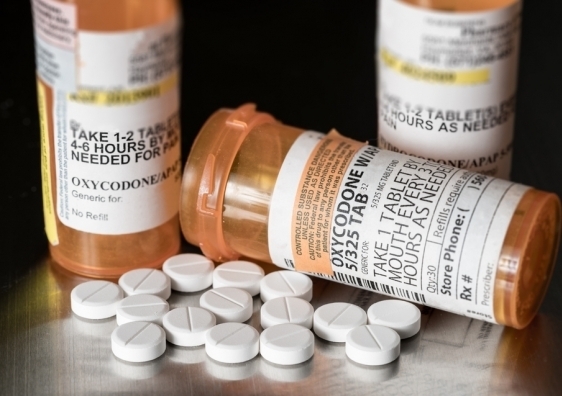The National Agency for Food and Drug Administration and Control (NAFDAC) has warned Nigerians about falsified Oxycontin 80mg (oxycodone hydrochloride) tablets. The fake drug was recently found in an unregulated market in Switzerland, raising concerns about its spread.
In a public alert (No. 07/2025) posted on its website on Thursday, NAFDAC revealed that the genuine manufacturer, MUNDIPHARMA, first reported the issue to the World Health Organization (WHO) in February.
Fake Drug Contains Deadly Substances
NAFDAC stated that the falsified product was designed to look like the original OXYCONTIN 80mg, which is legally sold in Poland. However, tests by Switzerland’s Drug Information Centre (DIZ) confirmed that the fake tablets did not contain oxycodone. Instead, they were laced with synthetic opioids, most likely nitazene compounds, which are far more dangerous.
“Nitazene derivatives (e.g., metonitazene, isotonitazene, fluonitazene) are powerful synthetic opioids that are highly addictive and have severe side effects,” NAFDAC warned.
These substances can be hundreds of times stronger than oxycodone, increasing the risk of overdose. The agency added that nitazenes have caused multiple deaths worldwide due to their high potency.
“Using nitazene derivatives, even in small doses, can lead to fatal consequences. Mixing them with alcohol or other depressants, like benzodiazepines, can cause breathing problems, coma, or death,” the agency stated.
Identifying the Fake Oxycontin
NAFDAC pointed out several differences between the fake and genuine Oxycontin tablets:
- The batch number and expiry date on the fake product are incorrectly placed on the front of the blister pack, whereas the genuine version has these details on the back.
- On the counterfeit product, the expiry date is positioned on the left, and the batch number is on the right, but the real OXYCONTIN has them reversed.
The agency has instructed all zonal directors and state coordinators to carry out inspections and remove any fake Oxycontin tablets from the market.
Public Asked to Report Fake Drugs
NAFDAC advised importers, distributors, healthcare workers, and consumers to remain vigilant and avoid buying medicine from unauthorized sources.
“All medical products must be purchased from licensed suppliers, and their authenticity should always be verified,” the agency said.
Consumers and healthcare professionals are encouraged to report suspected counterfeit medicines or adverse drug reactions through the following channels:
- Call NAFDAC Hotline: 0800-162-3322
- Email: sf.alert@nafdac.gov.ng
- Website: www.nafdac.gov.ng
- Med-Safety App: Available for download on Android and iOS
NAFDAC wants Nigerians to stay cautious and report any suspicious drugs to help prevent potential health crises.
Like 👍, Comment, share this article, and Follow us on our social media handles.







